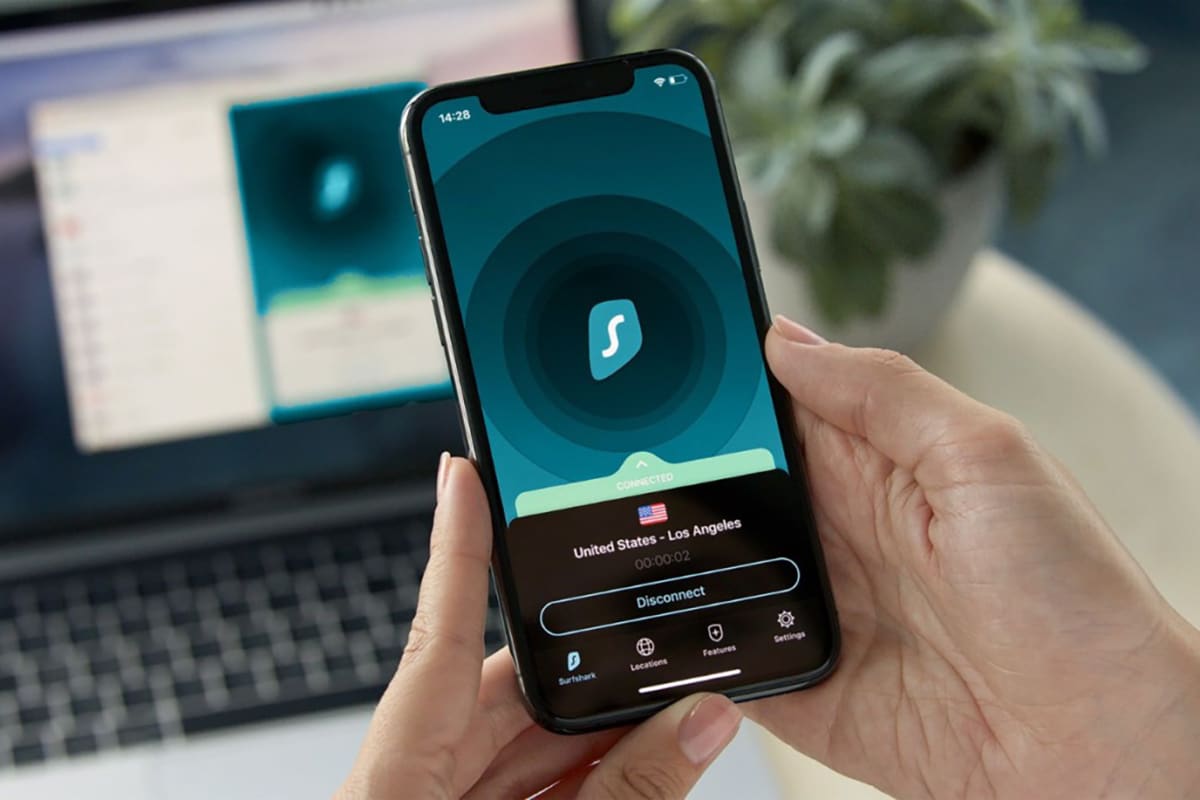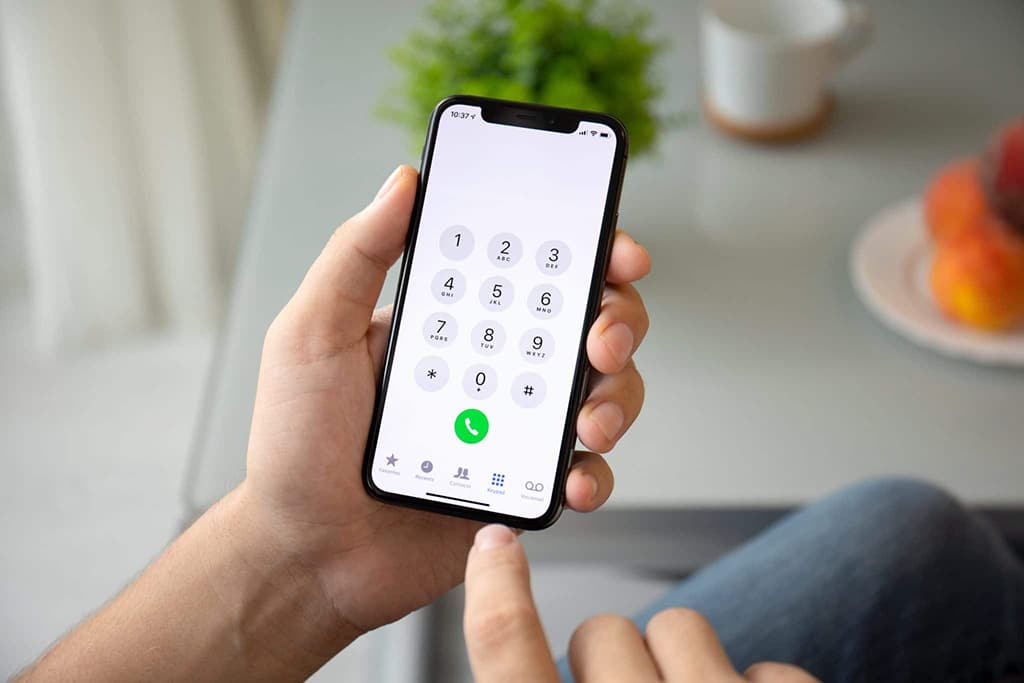I‘m sure you‘ve been hearing more and more about IPTV and are wondering – is this new way to watch TV actually legal? Or could you get into trouble for using it?
This is a great question that many new cord cutters have. The answer is yes – IPTV can definitely be legal. But as with many aspects of streaming, there are some gray areas and things to look out for.
In this guide, I‘ll explain exactly what IPTV is, go over the laws and regulations surrounding it, and give you tips to safely and legally access the content you want. I‘ve been covering streaming technology and cybersecurity for over 5 years, so you can trust this info is accurate and up-to-date as of 2024.
Let‘s start by understanding exactly what this whole IPTV thing is…
What is IPTV and How Does It Deliver Content?
IPTV stands for Internet Protocol Television. Essentially, it refers to streaming live TV channels and video on-demand over the internet rather than through traditional cable/satellite subscriptions or over-the-air antennas.
Instead of using satellites or fiber cables to broadcast signals, IPTV providers deliver all their content directly through your internet connection. This allows you to watch on smart TVs, media streaming devices like Roku or Firestick, computers, smartphones and more – any device with an internet connection.
Some of the key components IPTV service provide include:
- Live TV – Access to live streams of popular broadcast and cable channels like ESPN, MTV, FX, Discovery, local news stations and more. This works similar to cable packages.
- On-Demand – A catalog of movies, shows, documentaries etc. available to stream whenever you want, similar to Netflix or Hulu.
- Cloud DVR – Recordings stored in the cloud allowing you to record live TV and watch later. Functions like a traditional DVR.
- Replay TV – Ability to replay shows that have aired recently, usually going back a few days on different channels.
- Multi-View – Many IPTV services allow simultaneous streams on different devices so you can watch on multiple phones/tablets/TVs.
- Custom Channel Packages – Pick and choose channel bundles based on your interests like sports, news, lifestyle or access tiers of channels.
Now that you understand the basics of how IPTV delivery works compared to traditional TV, let‘s get into the important legal aspects around these services.
The Legality of IPTV Comes Down to Content Licensing
When it comes to law, IPTV operates in a bit of gray area. The core technology itself is legal – there are no laws prohibiting streaming TV over the internet.
However,copyright law still very much applies when it comes to the movies, shows, and channels being offered by IPTV providers. This content belongs to media companies and networks, who have the exclusive rights to distribute it.
For an IPTV service to operate legally, they must have the proper licensing agreements in place with these content owners and pay negotiated fees to provide subscribers access.
Think of it like a store selling merchandise – the store itself is legal, but they need permission from brands to sell licensed goods. Same concept applies here.
Legal IPTV Has Broadcasting Rights
Reputable IPTV providers follow a process like this:
- Acquire broadcasting rights by negotiating deals with networks like NBC, CBS, Disney, Discovery, Turner, and others.
- Pay substantial content licensing fees to these networks based on subscriber counts and other metrics. This grants them distribution rights.
- Develop a platform to receive authorized live content feeds from networks and media partners.
- Provide secure subscriber access to licensed content based on packages purchased.
- Follow regulations around broadcasting, regional restrictions, and digital rights management (DRM).
Examples of fully legal IPTV services that operate with broadcasting rights include Sling TV, Hulu Live, YouTube TV, fuboTV, and Philo.
Illegal IPTV Lacks Proper Licensing
On the flip side, there are some IPTV providers that operate illegally by:
- Accessing and streaming content without having any deals in place with the actual content owners.
- Using circumvention technology to get around digital rights restrictions and access unauthorized streams.
- Ignoring broadcasting regulations, regional blackout restrictions, and copyright law when restreaming content.
- Selling cheap subscriptions without any costs going towards licensing fees and content agreements.
These unauthorized streams ultimately hurt content creators. Media companies invest a lot into producing new shows and broadcasting live sports. Licensing deals ensure they generate revenue to pay for production costs.
According to research from Digital Citizens Alliance conducted in 2018, illegal streaming providers cost the U.S. economy $4.5 billion in losses each year and threaten nearly 200,000 American jobs.
IPTV Legality Statistics and Data
To get a better idea of how widespread illegal IPTV use is, here are some statistics and figures on the legal standing of various IPTV and live TV streaming options:
- 58% of free streaming websites hosting illegal live sports and TV streams according to a 2021 Digital Citizens Alliance report.
- Up to 600 illegal IPTV services identified worldwide based on a 2020 investigation, with many operating without broadcasting rights.
- Approximately 700,000 American subscribers were accessing illegal IPTV services back in 2018 per Sandvine estimates.
- Accessing pirated streams and illegal IPTV services causes the U.S. TV and film industry nearly $30 billion in losses per year according to the U.S. Chamber of Commerce.
- 55% of Kodi addon repositories contain add-ons with links to unlicensed copyrighted content according to an analysis conducted by the Alliance for Creativity and Entertainment.
- 10 years in prison is the maximum sentence that can be imposed under the Protecting Lawful Streaming Act for illegally streaming copyrighted material online.
These statistics demonstrate how widescale unauthorized streaming has become and the economic damage it‘s causing. Next, let‘s discuss the specific laws and penalties surrounding illegal IPTV services.
Legal Issues and Laws Surrounding Illicit IPTV Services
There are a handful of laws and regulations that illegal IPTV providers violate if they don‘t acquire proper licensing. These include:
Copyright Infringement
IPTV services are infringing copyright if they stream content without permission from the rights holders under Title 17 of U.S. Copyright Law. This can lead to substantial civil damages or criminal penalties.
Digital Millennium Copyright Act (DMCA) Violations
The DMCA prohibits circumventing digital rights management (DRM) or technical restrictions used to protect copyrighted work. Unauthorized IPTV often violates the DMCA by decrypting streams or bypassing access controls.
Anti-Piracy Regulations
IPTV services must comply with anti-piracy regulations like §111 of Title 17 which establishes legal broadcasting requirements and distribution limitations around copyrighted work.
Protecting Lawful Streaming Act
This federal law makes it illegal to stream copyrighted content online from unauthorized sources. Offenders face up to 10 years in prison. Applies to commercial services.
Terms of Service Violations
Accessing content through unofficial IPTV may violate Terms of Service agreements from various platforms illegally. This can lead to service suspensions or terminations.
Communication Act Violations
Federal regulations prohibit unauthorized publication or use of communications. Transmitting copyrighted broadcasts without a license violates provisions under the Communications Act.
In summary, there are both civil and criminal laws illegal streaming providers can violate for copyright infringement, unauthorized access to protected communications, circumvention of DRM protections, and ignoring broadcasting regulations.
What Are the Risks and Penalties For Using Illegal IPTV?
Accessing pirated live TV and video on demand through unauthorized IPTV poses a variety of risks:
- You may be targeted with lawsuits or fines from networks and content owners for copyright infringement, potentially costing you thousands in damages.
- Your internet service could be suspended or terminated by your ISP based on IPTV piracy under the Copyright Alert System and repeat offender policies.
- Hardware used like Firesticks or jailbroken devices could be confiscated if used predominantly for illegal streaming.
- According to the Protecting Lawful Streaming Act, illicit IPTV access may potentially be charged as a felony in certain cases, with punishments up to 10 years in prison.
- Your personal information and payment details could be at risk if entering them on shady websites offering illegal IPTV subscriptions.
- Streams from unauthorized providers often have malware and security issues, putting you at risk. Reputable services are much safer.
- You may be at the mercy of unreliable uptime and stream quality if you use sketchy bootleg services with no broadcasting standards.
The risks and headaches simply aren‘t worth it just to save a few bucks compared to legitimate IPTV options. Protect yourself by using verified legal providers.
How Can You Safely and Legally Access IPTV Content?
If you want to access live TV and streaming video without worrying about legal risks, here are some tips:
Stick With Major Licensed Services
Do your research and choose established providers like Hulu Live TV, Sling TV, fuboTV, YouTube TV, Philo or AT&T TV. They have agreements in place with all the major networks like NBC, ESPN, AMC, etc.
Look for Verification of Rights
Legitimate services will advertise their broadcasting rights and partnerships prominently. This verification is your assurance they operate legally.
Avoid "Free" Content From Unknown Sites
If a streaming site is offering free access to paid content without login or subscription, it should raise major red flags. Licensed channels don‘t work like that.
Use Trusted Devices Like Roku and Firestick
Mainstream streaming devices from Amazon, Roku and Apple are safe. Just don‘t install unknown 3rd party apps or addons that could link to pirated streams.
Enable a VPN for Privacy
A VPN like NordVPN or ExpressVPN can help keep your streaming activity private and secure without breaking any laws.
Never Share Streaming Account Passwords
It may seem harmless, but sharing login details for streaming services, even with close friends, likely violates Terms of Service.
Be Cautious With Unknown Kodi Addons
Kodi itself is perfectly legal. But unofficial third-party addons may link to pirated streams. Only install verified legal addons.
Avoid "Jailbreaking" Devices
Jailbreaking opens devices up to more piracy risk. It‘s best to just use streaming devices as they‘re designed out of the box to stay above board.
By taking these precautions, you can avoid legal issues and safely access all the great entertainment options legal IPTV services offer.
Key Takeaways on IPTV Legality
Let‘s do a quick recap of the key facts surrounding the legal landscape of IPTV:
- IPTV technology itself is legal, but services must acquire licensing agreements with content owners to legally stream copyrighted media.
- Reputable services like Sling TV and Hulu operate legally by establishing broadcasting rights and following regulations.
- Unauthorized IPTV violates copyright law, DMCA protections, Terms of Service, and federal broadcasting regulations by offering unlicensed content.
- Consumers face risks ranging from suspensions to fines and even jail by using illegal IPTV services.
- Use common sense precautions like avoiding free streams, looking for verification and enabling a VPN to safely access legal IPTV.
I hope this overview has helped explain the legal nuances surrounding internet-based TV. As you can see, IPTV itself is not inherently illegal – there are many great services providing licensed channels and on-demand libraries legally. With just a bit of research, you can enjoy unlimited entertainment with peace of mind.
Have any other questions on the exciting world of cord cutting? Let me know, I‘m always happy to help clarify the ins and outs of streaming!




